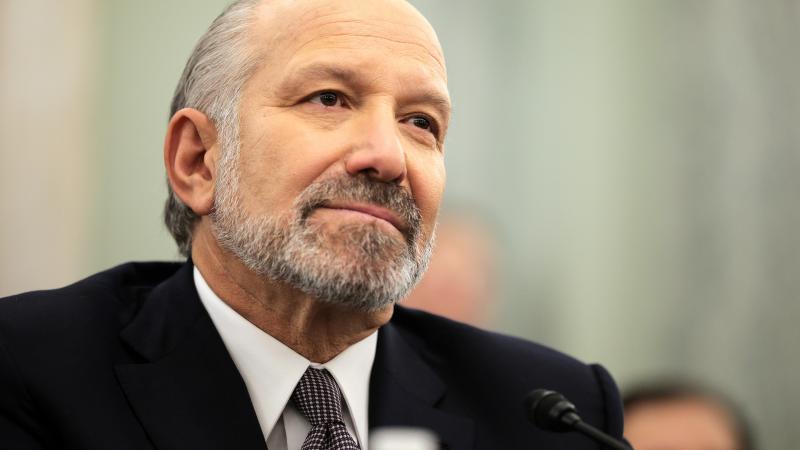Florida Supreme Court rejects 'grow your own' marijuana legalization initiative
High court scuttles plan to place a proposed constitutional amendment before voters in 2022 to legalize adult recreational pot.
The Florida Supreme Court has rejected a prospective citizen's initiative to place a proposed constitutional amendment before voters in 2022 to legalize adult recreational marijuana and allow Floridians to "grow their own."
In a 5-2 ruling Thursday, the court determined the prospective amendment's ballot summary is "affirmatively misleading," the second time since April the state's highest court has issued that verdict to knock a marijuana legalization measure off the 2022 ballot.
Tampa-based Sensible Florida submitted its proposed amendment, Regulate Marijuana in a Manner Similar to Alcohol to Establish Age, Licensing, and Other Restrictions, to the Division of Elections on March 17, 2016.
The summary reads: "Regulates marijuana (hereinafter "cannabis") for limited use and growing by persons 21 years of age or older. State shall adopt regulations to issue, renew, suspend, and revoke licenses for cannabis cultivation, product manufacturing, testing and retail facilities. Local governments may regulate facilities' time, place and manner and, if state fails to timely act, may license facilities. Does not affect compassionate use of low-THC cannabis, nor immunize federal law violations."
The proposed amendment would permit people to grow "six mature flowering cannabis plants per household member 21 years of age or older" and possess "the harvest therefrom, provided the growing takes place indoors or in a locked greenhouse and the cannabis grown is not made available for sale."
Florida Attorney General Ashley Moody raised objections to the proposal in August 2019 and asked the Supreme Court to review it..
Justices, in an opinion penned by Chief Justice Charles Canady, singled out the statement that amounts of marijuana allowed "are minimum quantities, subject to increase by state, county, or municipal legislation, but not subject to decrease."
"In other words," the opinion said, "it would be more accurate if the summary stated: 'Regulates marijuana … for the potentially unlimited use … by persons 21 years of age or older.' The summary instead misleadingly tells voters the proposed amendment limits the use of marijuana."
Justice Alan Lawson and Jorge Labarga dissented, claiming "the amendment itself details the ways that marijuana use would be regulated similar to Florida's current regulations affecting alcohol use."
The ruling was lauded by Moody in a statement issued by spokeswoman Lauren Cassedy: "Floridians must fully understand what they are voting on when they go to the ballot box."
The Florida Chamber of Commerce, which joined the Florida House in filing amicus briefs supporting Moody's objections, also praised the ruling.
"The Florida Chamber will fight in any venue — legislative, legal, or the court of public opinion — to keep Florida, Florida, and ensure efforts to utilize ballot initiatives to circumvent the appropriate legislative process are unsuccessful," Chamber President/CEO Mark Wilson said.
Florida Agriculture Commissioner Nikki Fried, a former marijuana lobbyist and a Democratic candidate for governor, said the ruling upholds a status quo that ensures corporations control Florida's booming marijuana industry.
Florida's medical marijuana industry created nearly 15,000 jobs and generated nearly $1.23 billion in taxable sales in 2020. Analysts project the industry could generate $6 billion in sales by 2030.
But a vertical integration requirement that restricts participation to corporations that can grow and sell "seed-to-shelf" — upheld by the Supreme Court on May 26 — "entrenches Florida's unfair, unconstitutional medical marijuana system put in place by our Republican-dominated Legislature," Fried said last month.
Thursday's Supreme Court ruling sustains that pattern, Fried tweeted Thursday."Elected Republicans ignore our voices, suppress our votes, and make it harder to get citizen-led initiatives on the ballot. And our state's highest court supports GOP directives with partisan rulings," she wrote. "I'm running for governor to break this corrupt system."















